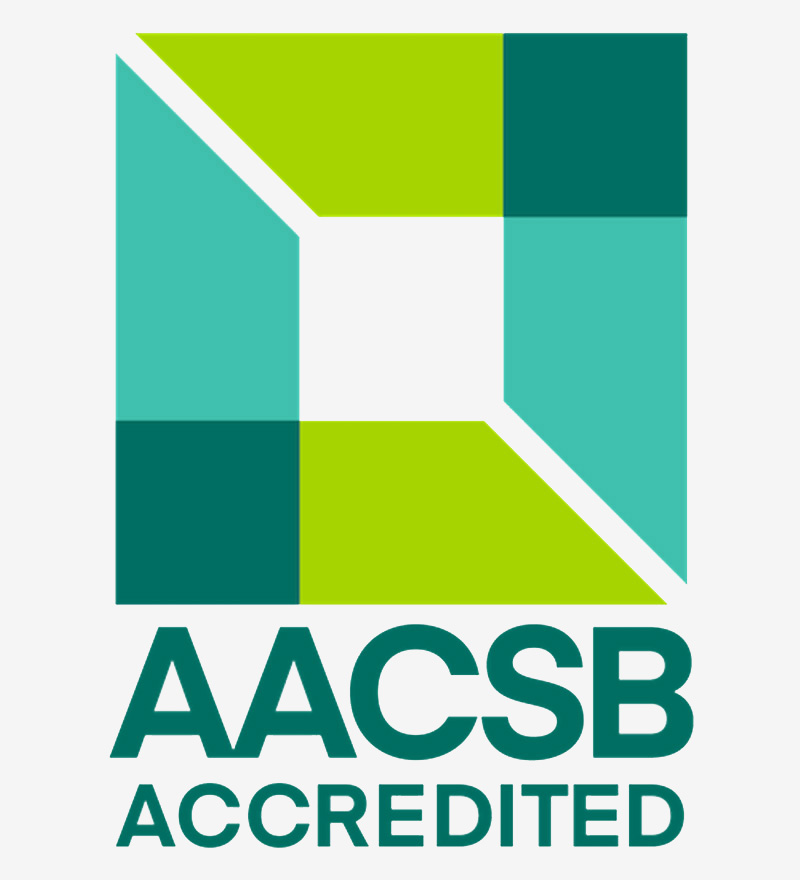Upon successful completion of the Master of Human Resource Management, you will be equipped with knowledge and skills in contemporary business and HR practice, operational leadership, cross-cultural competency, analytical and technical competency, problem-solving, research and communication.
You will be able to critically analyse and resolve contemporary and evolving HR issues, accounting for regulatory, ethical, social, economic, political and environmental constructs in technology-driven national and global business contexts. With your knowledge of these issues, you will then utilise core communication skills to articulate the relevant HRM concepts, strategies and solutions, and justify their application in national and global business contexts.
You will also develop the skills to lead and influence various projects and teams, collaborating with others to achieve business objectives and promote inclusion and acceptance both internally and externally within your organisation.









